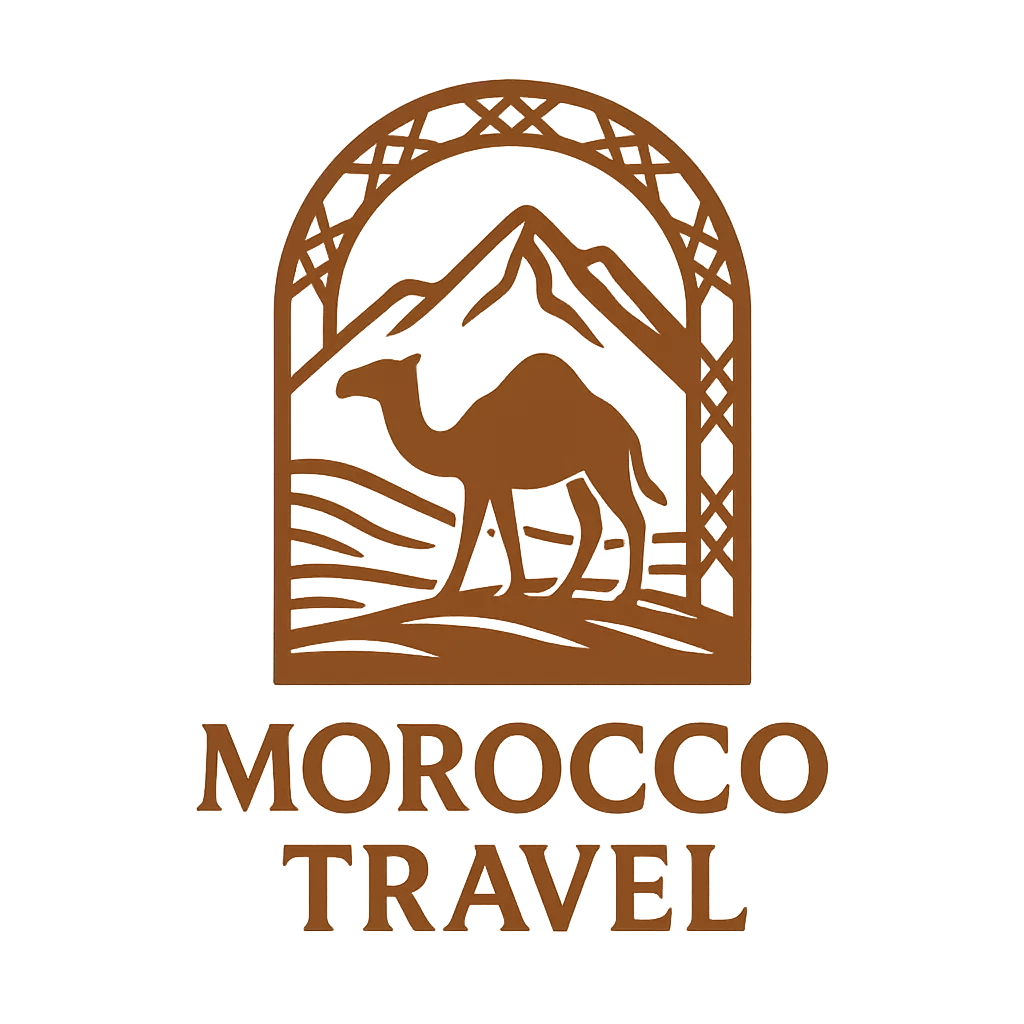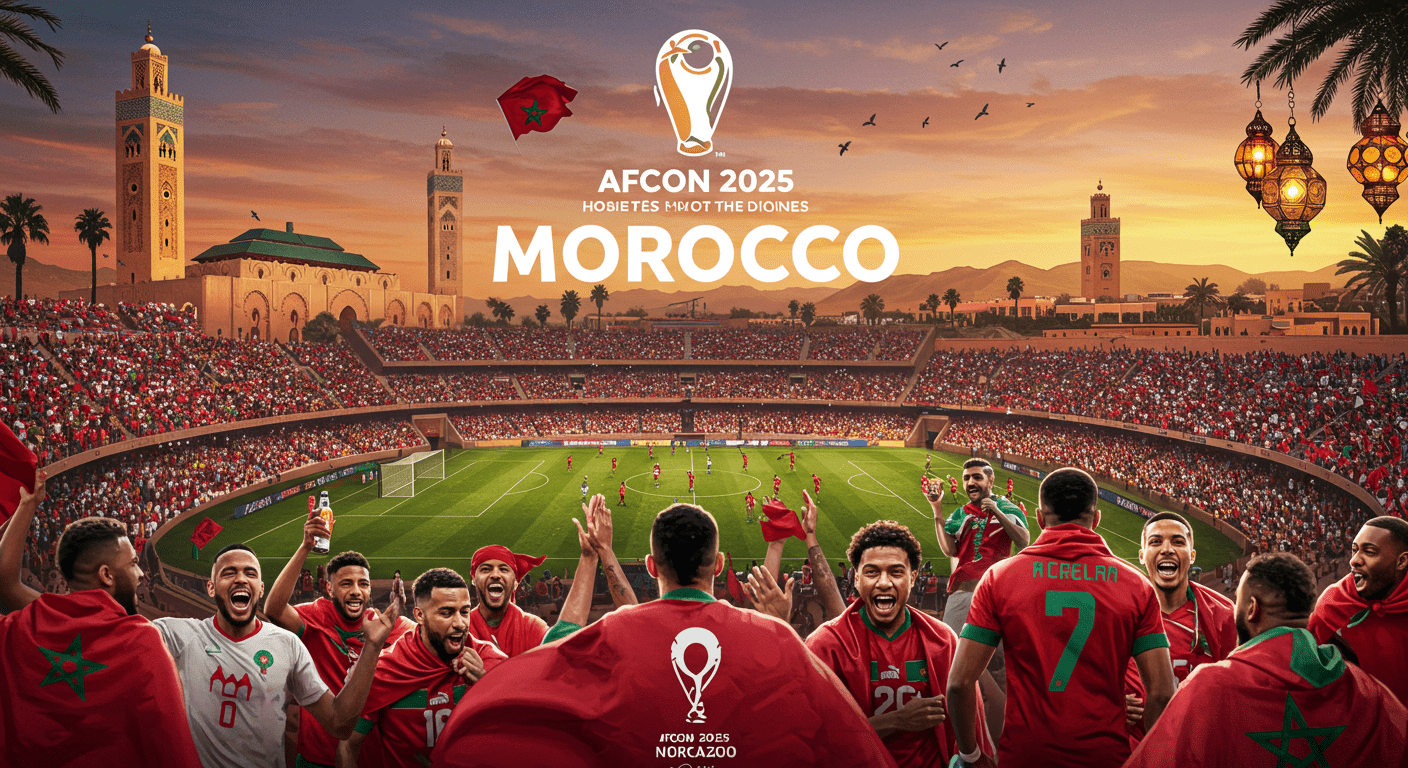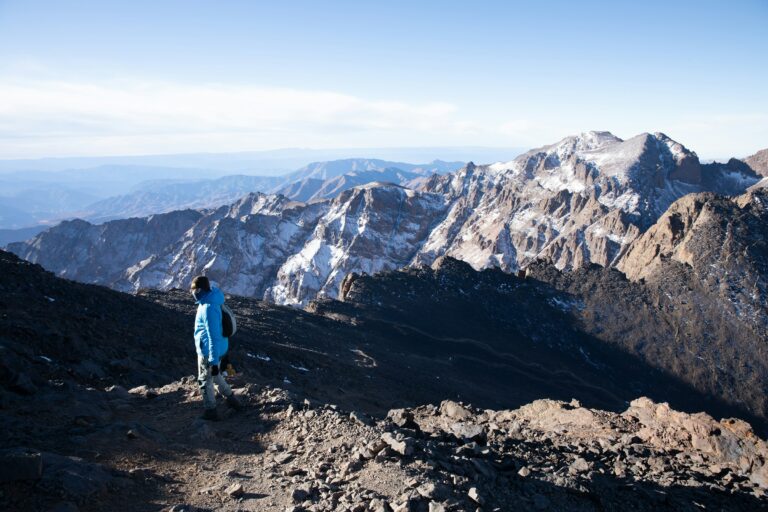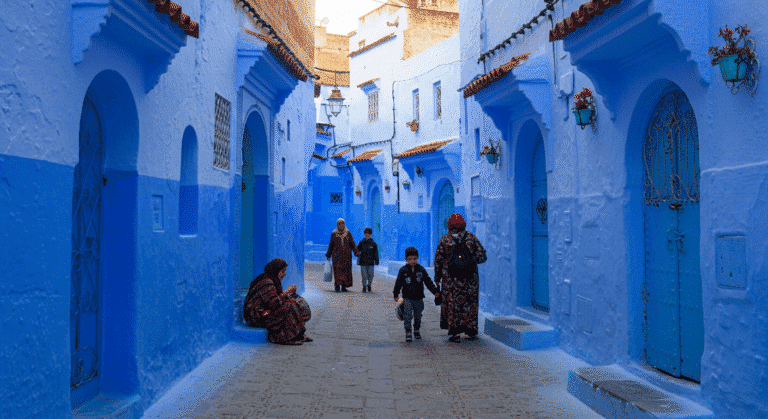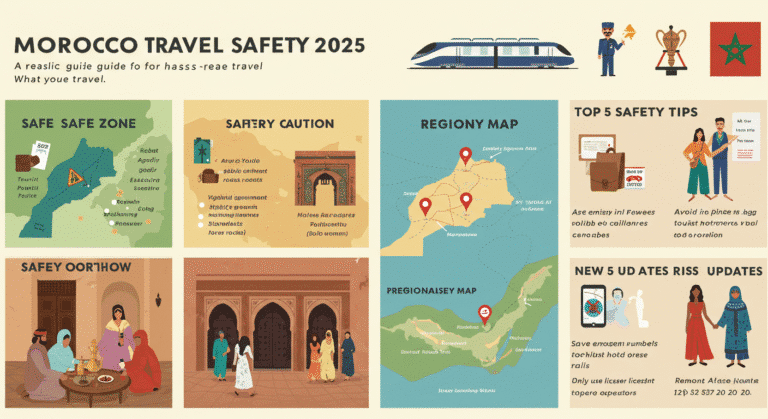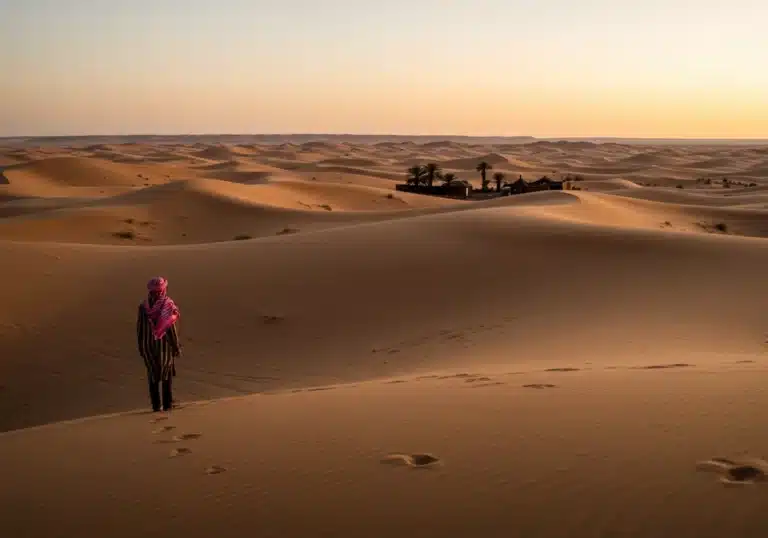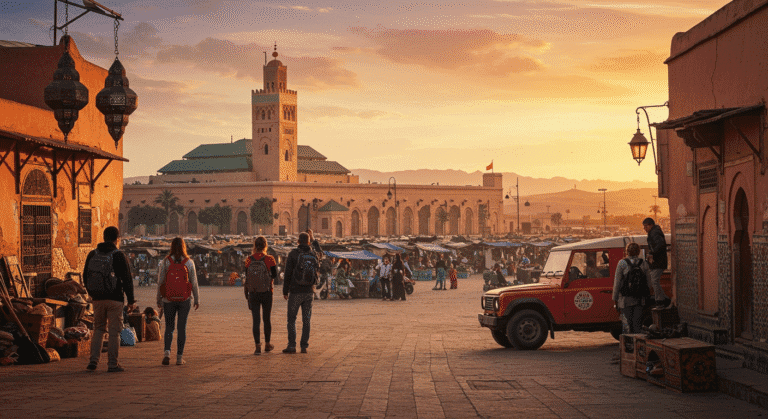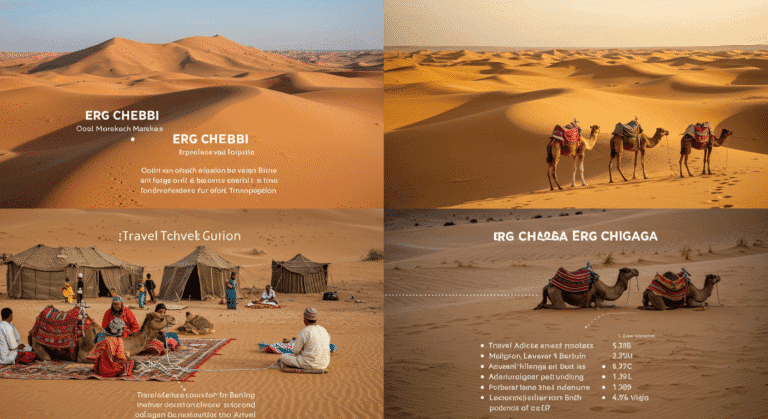Morocco AFCON 2025: Your Complete Travel Guide
Planning to witness Africa’s premier football tournament? Six Moroccan cities will host AFCON 2025, namely Rabat, Casablanca, Tangier, Marrakech, Agadir and Fez, from December 21, 2025 to January 18, 2026. This comprehensive guide covers everything you need to know about visiting Morocco during this historic sporting event.
Overview: What to Expect from AFCON 2025
Morocco is set to deliver an unforgettable AFCON 2025 experience across six magnificent cities. The tournament will run from 21 December 2025 to 18 January 2026, showcasing Africa’s finest football talent in world-class venues.
Tournament Highlights
Match Schedule and Venues: The Confederation of African Football announced 9 venues in 6 cities that will host matches, including iconic stadiums like Mohammed V Stadium in Casablanca and Prince Moulay Abdellah Stadium in Rabat.
Opening Match: AFCON 2025 gets underway on 21 December 2025 when Morocco will host Comoros at the Prince Moulay Abdellah Stadium in Rabat.
Infrastructure Development: Morocco is completing 120 projects across six cities, ensuring top-tier facilities for players and spectators alike.
Why Morocco is the Perfect AFCON Host
Morocco’s rich football heritage, combined with its strategic location bridging Africa and Europe, makes it an ideal host nation. The country’s proven track record includes hosting the 2022 FIFA Women’s World Cup qualifiers and the 2023 FIFA Club World Cup.
Best Time to Visit Morocco for AFCON 2025
Weather Conditions
December to January offers pleasant weather across Morocco, with temperatures ranging from 15-22°C (59-72°F) in most host cities. This period avoids the intense summer heat and provides comfortable conditions for outdoor activities.
Seasonal Advantages
Mild Temperatures: Perfect for exploring cities between matches
Clear Skies: Excellent visibility for stadium experiences and sightseeing
Cultural Events: Winter coincides with various local festivals and celebrations
Crowd Considerations
Expect increased tourism during AFCON 2025, particularly in host cities. Book accommodations and attractions well in advance to secure the best options and prices.
Host Cities and Venues Guide
Rabat – The Capital Experience
Venue: Prince Moulay Abdellah Stadium (53,000 capacity)
Highlights: Morocco’s political capital offers royal palaces, historical medina, and modern attractions
Must-Visit: Hassan Tower, Kasbah of the Udayas, Royal Palace
Casablanca – Economic Powerhouse
Venue: Mohammed V Stadium (Historic 1988 AFCON venue)
Highlights: Morocco’s largest city combines business sophistication with cultural heritage
Must-Visit: Hassan II Mosque, Art Deco architecture, Corniche beachfront
Tangier – Gateway to Africa
Venue: Ibn Batouta Stadium
Highlights: Strategic location where Mediterranean meets Atlantic
Must-Visit: Caves of Hercules, Kasbah Museum, Cap Spartel
Marrakech – The Red City
Venue: Grand Stadium of Marrakech
Highlights: Imperial city known for vibrant souks and traditional architecture
Must-Visit: Jemaa el-Fnaa square, Majorelle Garden, Bahia Palace
Agadir – Atlantic Coast Gem
Venue: Grand Stadium of Agadir
Highlights: Modern resort city with beautiful beaches and year-round sunshine
Must-Visit: Agadir Beach, Souss-Massa National Park, Kasbah ruins
Fez – Cultural Heart
Venue: Stadium in Fez
Highlights: UNESCO World Heritage medina and traditional craftsmanship
Must-Visit: Fez el-Bali medina, Al-Qarawiyyin University, Bou Inania Madrasa
Cultural Tips for International Visitors
Language and Communication
Primary Languages: Arabic and Berber (official), French widely spoken
Tourist Areas: English increasingly common in hotels and tourist sites
Helpful Phrases: Learn basic Arabic greetings like “As-salamu alaykum” (peace be upon you)
Cultural Etiquette
Dress Code: Modest clothing recommended, especially when visiting religious sites Photography: Always ask permission before photographing people
Ramadan Considerations: If visiting during Ramadan, respect fasting hours
Religious Customs
Prayer Times: Be aware of five daily prayer times when shops may close briefly
Friday Prayers: Expect busy periods around mosques on Fridays
Respect: Remove shoes when entering mosques (for permitted areas)
Social Customs
Hospitality: Moroccans are known for their warm hospitality
Bargaining: Expected in traditional markets (souks)
Tipping: Standard practice in restaurants and for services
Must-See Attractions Beyond Football
Historical Wonders
Roman Ruins of Volubilis: Ancient Roman city near Fez showcasing well-preserved mosaics
Ait Benhaddou: UNESCO World Heritage ksar (fortified village) near Marrakech
Chellah Necropolis: Medieval ruins in Rabat combining Roman and Islamic architecture
Natural Attractions
Atlas Mountains: Day trips available from Marrakech for hiking and Berber village visits
Sahara Desert: Multi-day excursions to experience dune landscapes and camel trekking
Essaouira: Coastal city perfect for day trips with Portuguese-influenced architecture
Cultural Experiences
Traditional Hammams: Authentic Moroccan spa experiences
Cooking Classes: Learn to prepare tagines, couscous, and mint tea
Craft Workshops: Pottery, carpet weaving, and metalwork demonstrations
Accommodation Options During AFCON 2025
Luxury Hotels
International Chains: Marriott, Hilton, and Hyatt properties in major cities
Boutique Riads: Traditional houses converted to luxury accommodations
Resort Hotels: Particularly abundant in Agadir and Marrakech
Mid-Range Options
Local Hotels: Family-run establishments offering authentic experiences
Guesthouses: Charming properties in medinas and city centers
Aparthotels: Extended-stay options for longer visits
Budget Accommodations
Hostels: Growing number of modern hostels in major cities
Traditional Riads: Budget-friendly versions of luxury properties
Guesthouses: Local families offering rooms and meals
Booking Strategy
Early Reservation: Book immediately upon AFCON 2025 ticket confirmation
Flexible Dates: Consider staying slightly outside match dates for better rates
Location Priority: Choose accommodations near stadiums or main transport hubs
Transportation and Getting Around
International Arrivals
Major Airports: Mohammed V (Casablanca), Rabat-Salé, Marrakech Menara, Agadir Al Massira
Flight Connections: Direct flights from Europe, Africa, and Middle East
Airport Transport: Trains, buses, and taxis available from all major airports
Intercity Travel
High-Speed Rail: Al Boraq train connects Tangier, Rabat, and Casablanca
Regular Trains: ONCF network linking major cities
Bus Services: CTM and Supratours offering comfortable intercity routes
Car Rental: Available but consider traffic and parking challenges
Local Transportation
Taxis: Petit taxis for city travel, grand taxis for longer distances
Public Buses: Affordable but can be crowded
Ride-Sharing: Uber and local alternatives available in major cities
Walking: Many attractions within walking distance in city centers
Match Day Transport
Special Services: Expect additional public transport to stadiums
Early Departure: Allow extra time due to increased crowds
Return Planning: Post-match transport may be delayed
What to Pack for Morocco in Winter
Essential Clothing
Layered Approach: Temperatures vary throughout the day
Warm Jacket: Evenings can be cool, especially in inland cities
Comfortable Shoes: For walking on uneven medina streets
Modest Clothing: Long pants and shirts for cultural sites
Weather-Specific Items
Light Rain Gear: Occasional winter showers possible
Sun Protection: Hat and sunglasses for bright days
Scarf: Useful for both warmth and cultural respect
Match Day Essentials
Team Colors: Show support for your favorite nation
Comfortable Seating: Stadium cushion for long matches
Portable Charger: Keep devices powered for photos and navigation
Cash: For vendors and small purchases
Cultural Considerations
Conservative Options: Additional modest clothing for religious sites
Comfortable Footwear: Easy to remove for mosque visits
Small Day Pack: For carrying essentials while exploring
Common FAQs
When exactly does AFCON 2025 take place in Morocco?
The tournament runs from 21 December 2025 to 18 January 2026, spanning nearly a month across six Moroccan cities.
Which cities will host AFCON 2025 matches?
Six Moroccan cities will host the tournament: Rabat, Casablanca, Tangier, Marrakech, Agadir and Fez.
What’s the weather like in Morocco during December-January?
Morocco experiences mild winter weather during AFCON 2025, with temperatures ranging from 15-22°C (59-72°F) and minimal rainfall.
Do I need a visa to visit Morocco for AFCON 2025?
Visa requirements vary by nationality. Many countries enjoy visa-free access for tourism stays up to 90 days. Check current requirements with Moroccan consulates.
What currency is used in Morocco?
The Moroccan Dirham (MAD) is the official currency. Credit cards are widely accepted in cities, but carry cash for traditional markets and smaller establishments.
Is it safe to travel to Morocco during AFCON 2025?
Morocco is generally considered safe for tourists. Standard travel precautions apply, and increased security measures during AFCON 2025 will enhance safety.
What languages are spoken in Morocco?
Arabic and Berber are official languages, French is widely spoken, and English is increasingly common in tourist areas.
Can I visit other attractions while attending AFCON 2025?
Absolutely! Morocco offers incredible diversity, from imperial cities and desert landscapes to mountain ranges and coastal areas, all easily accessible from host cities.
How should I dress when visiting Morocco?
Modest, comfortable clothing is recommended. Cover shoulders and knees, especially when visiting religious sites. Layering is advisable for varying temperatures.
What’s the best way to get between host cities?
Morocco’s excellent transportation network includes high-speed rail, regular trains, and comfortable bus services connecting all AFCON 2025 host cities.
Conclusion
AFCON 2025 in Morocco promises an extraordinary blend of world-class football and rich cultural experiences. From the historic stadiums of Casablanca and Rabat to the imperial cities of Marrakech and Fez, every match offers an opportunity to explore Morocco’s diverse heritage.
The tournament’s winter timing provides perfect weather for both stadium experiences and cultural exploration. Whether you’re following your national team or simply celebrating African football, Morocco’s legendary hospitality and stunning attractions will create memories lasting far beyond the final whistle.
Ready to experience AFCON 2025 in Morocco? Start planning your journey today by booking accommodations early and exploring our Morocco tour packages for the complete cultural experience. Subscribe to our newsletter for exclusive travel tips and special offers for AFCON 2025 visitors.
Last updated: June 2025
